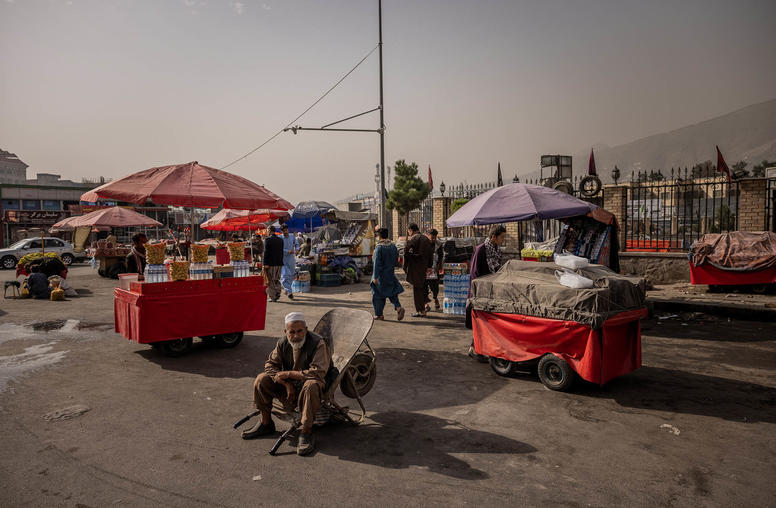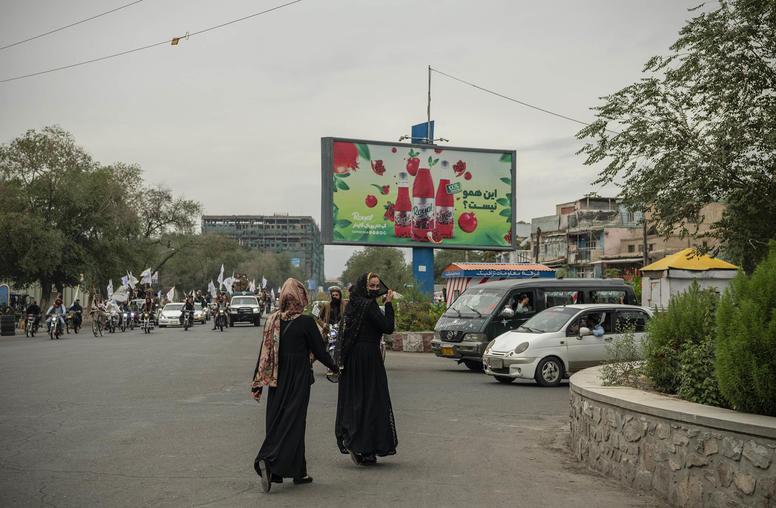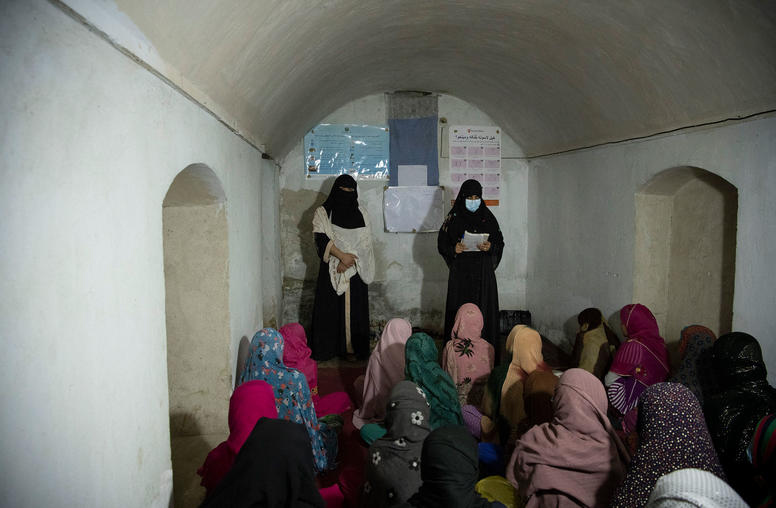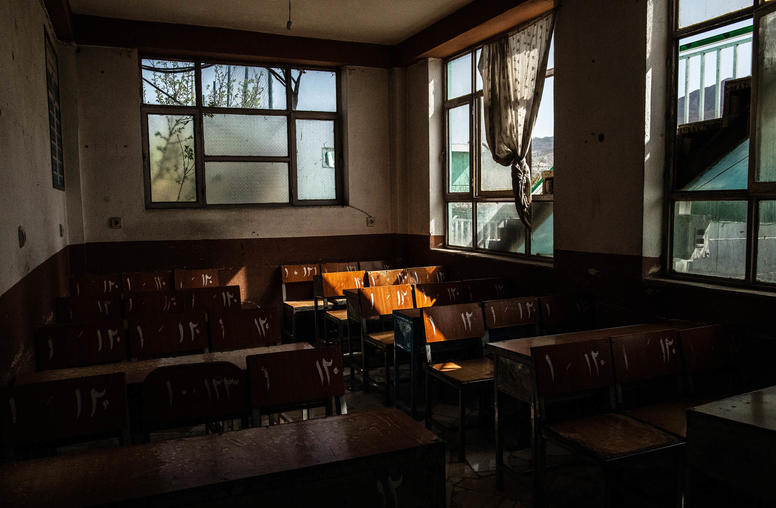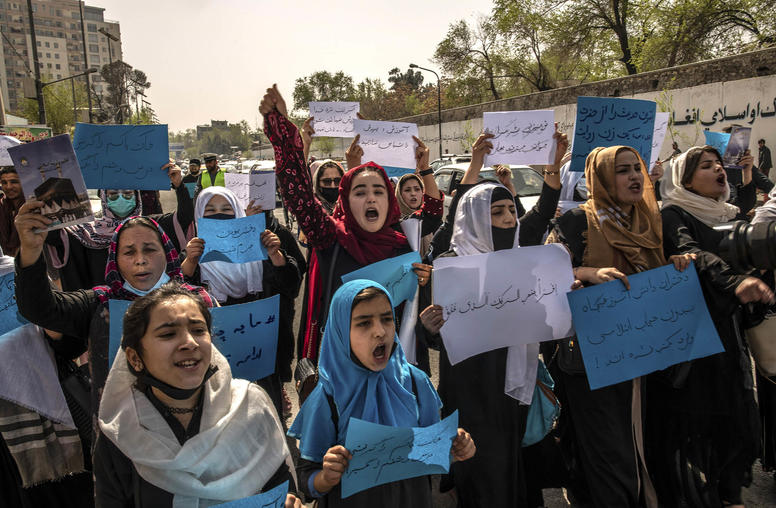Scott Worden
Contact
Please submit all media inquiries to interviews@usip.org or call 202.429.3869.
For all other inquiries, please call 202.457.1700
Scott Worden is director of Afghanistan and Central Asia Programs at the U.S. Institute of Peace (USIP). He comes into this role with an extensive background in reconstruction, development, democracy and governance, policy, among others; as well as extensive regional expertise on Afghanistan and Pakistan.
Prior to joining USIP, Worden was director of the Lessons Learned Program at the office of the Special Inspector General for Afghanistan Reconstruction (SIGAR), and served as acting director of policy as well as a senior policy advisor for the Office of Afghanistan and Pakistan Affairs at the United States Agency for International Development (USAID). In the latter position, he was responsible for advising senior officials on strategies for sustainable development in Afghanistan and Pakistan.
At his previous time with USIP, Worden directed Rule of Law development programs for the USIP and served as a United Nations-appointed Electoral Complaints Commissioner for the 2009 Afghanistan elections, as well as advising the U.N. on elections in 2005-06.
Worden has a decade of experience working on Afghanistan issues and working in the field.
Originally from Boston, Mr. Worden earned his bachelor’s at Colgate University and a Juris Doctorate from Harvard Law School.
